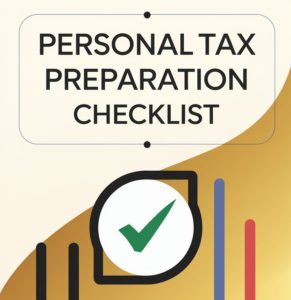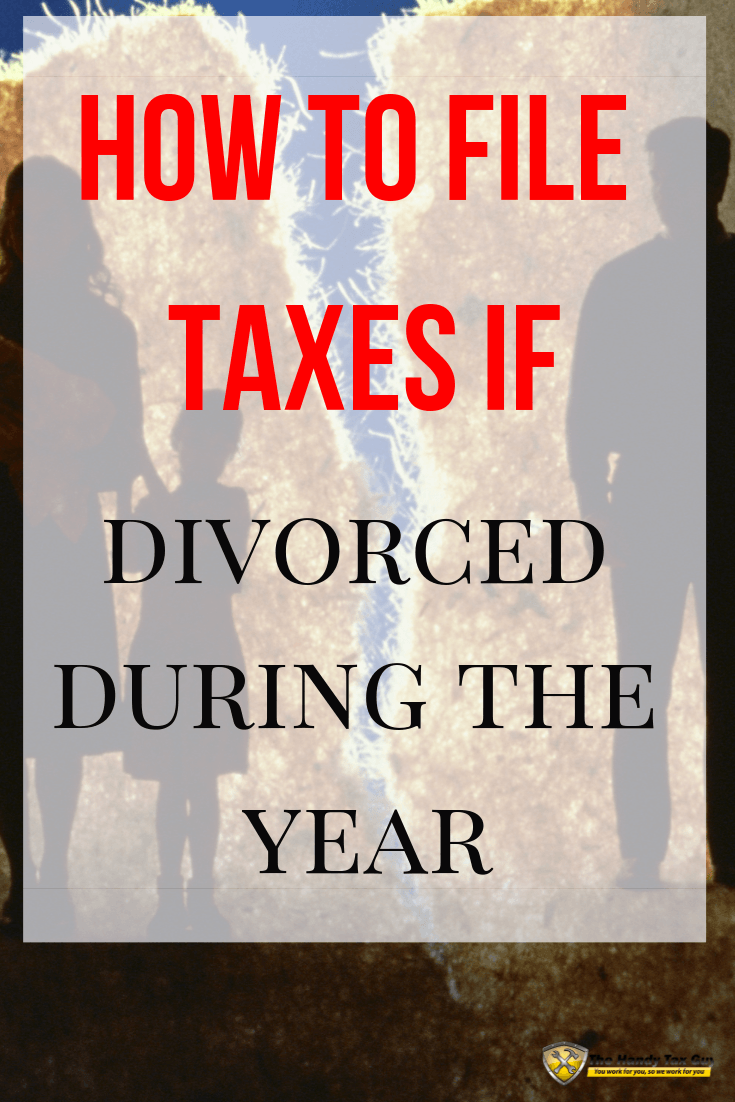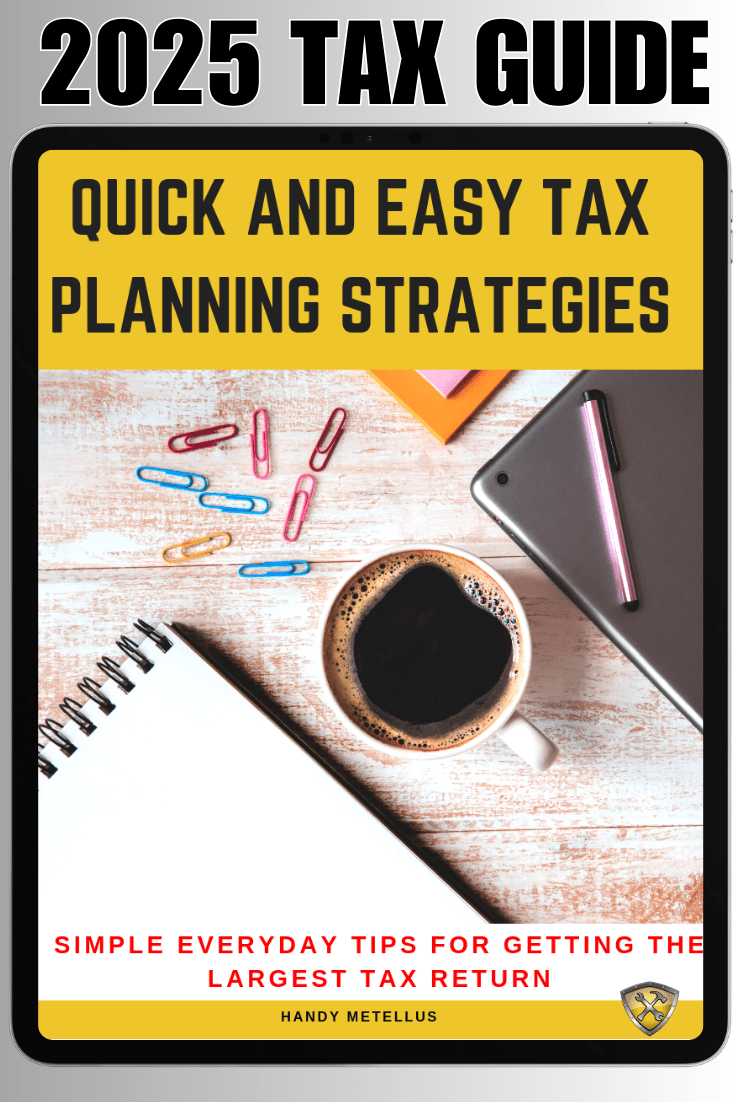Question of the Week: How to File Taxes after Divorce?
Unfortunately, some marriages don’t work out and the only alternative is to divorce.
Depending on the length of your marriage and the complexity, it can be too stressful to have to review the financials.
Even if you have agreed or disagree, the issue of taxes still remain in the forefront.
THIS POST MAY CONTAIN AFFILIATE LINKS. PLEASE READ MY DISCLOSURE FOR MORE INFO. This means if you click on any of the links, I’ll receive a small commission.

While losing someone through a divorce is traumatic enough, dealing with the tax implications can be even more stressful, but that doesn’t have to mean the whole process is difficult.
Today we will go over some of the tax issues to consider when filing for divorce. For you it may be minimal, but another person could end up spending a small fortune.
What is Considered Divorced?
You are divorced under a final decree by the last day of the year, you are considered unmarried for the entire year.
4 Tips for Filing Taxes After and During a Divorce

1. Choose the Correct Filing Status
Once you’ve finalized your divorce, you will want to figure which filing status to choose from.
For many it may likely result in a separate filing status that will mean that everything is dependent on yourself. This may not be practical for one or both parties in the divorce.
If you are someone who has back taxes due in the marriage, it may not be beneficial to file separately.

You want to file separately if you are having difficulties reaching an agreement or mutual understanding for your tax plan.
Ideally, you need to sit down and see which outcome is the best, otherwise you’ll potentially end up paying more in taxes.
Please note: If you do file separately, you will lose some of the benefits given to those who are married.
If you decide to file separately, you and your spouse must report income and deductions on separate returns even if one spouse had no income.

2. Keep the Children in Mind
The next item to cover are any children that are not of age at the time of divorce.
If your children are not of age, they will likely be legally entitled to child support. This will come from a spouse who will financially assist the upbringing of the child.

Child support is not considered a deduction when filing your taxes if you are the person paying.
If you are the person receiving the money, then you do not have to claim that money as income.
Meaning child support received is tax free.
If you are divorced or separated, the child is the qualifying child of the custodial parent; however, a child will be treated as a qualifying child of the noncustodial parent if certain requirements are met.
What is a custodial parent and noncustodial parent?
The custodial parent is the parent which home the child lives in for the greater number of nights during the year. The other parent is the noncustodial parent.

A child is treated as living with the parent for a night if the child sleeps:
- At the parents’ home, even if the parent is not there.
- In the company of the parent, when the child doesn’t not sleep at the parents’ home.
Note: If the child lives with both parents for an equal number of nights, the parent with the higher adjusted gross income (AGI) is considered the custodial parent.
Sometimes your child may meet all the qualifying test requirements of more than one person.
Although your child may meet the conditions to be a qualifying child of more than one person, only one person can claim the child as a qualifying child.
In this case, the person who could claim the child as a qualifying child will take all of the following tax benefits if they qualify:
- Exemption for the child
- Child tax credit
- Head of household filing status
- Credit for child and dependent care expenses
- Exclusion for him from income for dependent care benefits
- Earned income credit
Once a person takes these benefits for a child, another person cannot take any of these benefits for that child.
Meaning, you and the other person cannot divide tax benefits between each other. These benefits are a one person takes all bases for the qualifying child.
3. Get Help with the Assets, Divorce and Taxes
If you are lucky enough to have accumulated assets such as multiple properties, you will want to ensure those are being accounted for correctly.

One of the more common assets that come up in divorce include retirement accounts such as a 401k or an IRA.
While each situation is different, you’ll want to consult a professional to ensure those benefits are not being penalized and are taxed appropriately.
Many of these retirement accounts have strict tax laws due to their nature and breaking those tax rules can result in a large fine that hurts your asset.
4. Find a Good CPA or Divorce and Tax Attorney
Depending on the severity of your situation it may be beneficial to hire a CPA to assist you with the unwinding process.
Many lawyers have a CPA they can refer you to if you need one, but keep in mind this will cost additional money.
First ensure you are filing correctly and in a timely manner. From there, ensure any of your children will receive child support if applicable and understand the taxes associated.
Lastly, remember to treat all of your retirement savings with care because the last thing you need is to be heavily taxed due to taking an early distribution when you simply meant to roll your funds over.
Final Thoughts Filing Taxes After a Divorce
Divorce can be a stressful time and understanding the various tax implications can be difficult. With these tips you can quickly began putting yourself back on the path to happiness.
Be sure that you both discuss alimony, other properties and assets with open communication.

If you enjoyed this article, then you’ll love these:
- Best Rules for Claiming a Dependent on Your Tax Return
- When and How to Claim Tips on Your Tax Return
- Do I Need to File a Tax Return?
- How to Choose the Best Filing Status
For more money-saving tips and guides, subscribe to the weekly newsletter!
Get started on your taxes early TODAY!
Until the next money adventure, take care!
Handy

Disclaimer Statement: All data and information provided on this site is for informational purposes only. The Handy Tax Guy makes no absolute representation of the correctness, mistakes, omissions, delays, appropriateness, or legitimacy of any information on this site. **Note: Each client circumstance will vary on a case-by-case basis**
(Original Article Date: February 25, 2019/Updated: February 13, 2021)



